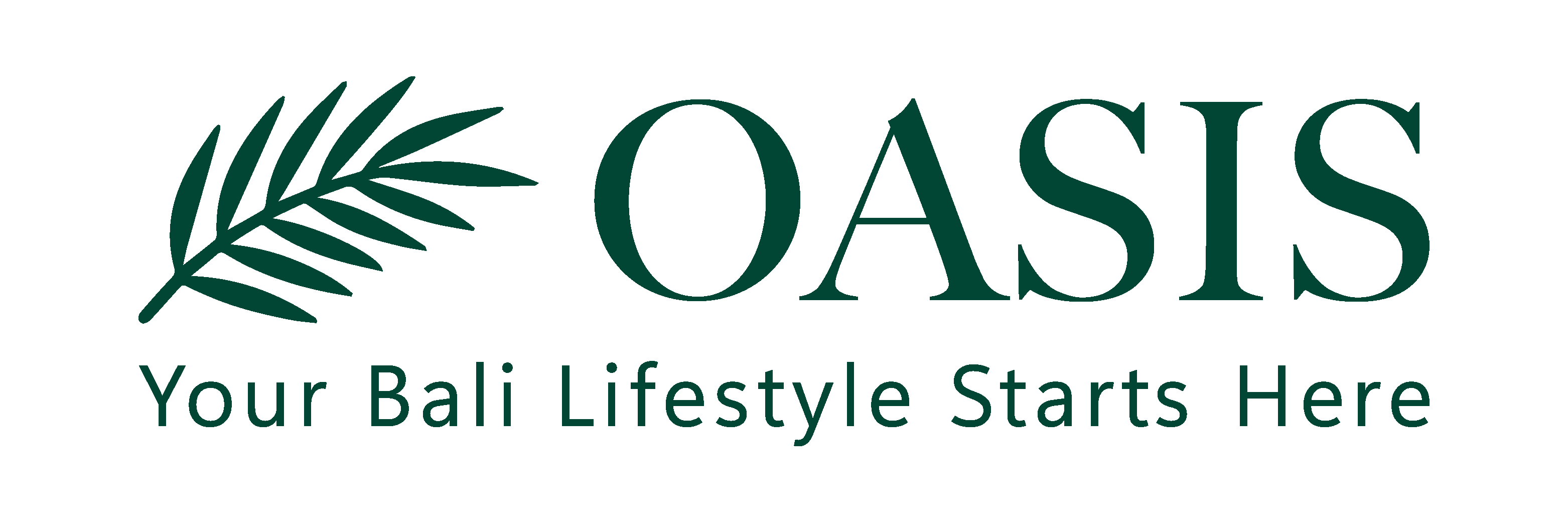Can Foreigners Own Property in Bali?
If you’ve fallen in love with Bali’s lifestyle—surf breaks in Kedungu, rice-field sunsets in Seseh, or luxury villas in Cemagi—you’ve probably wondered: can foreigners actually own property here? The short answer is no—Indonesia’s laws are designed to protect local ownership. But that doesn’t mean you’re locked out. With the right structure, foreigners can still invest safely and profitably in Bali real estate.
Let’s break down the options in plain English.
⸻
1. Leasehold (The Most Common Route)
For most foreigners, leasehold is the entry point. Instead of buying the land outright, you “rent” it long-term—typically 25 to 30 years, with the option to extend.
 Why it works:
Why it works:- You get full usage rights—build a villa, rent it out, live in it.
- Leasehold is legal, transparent, and widely used by investors.
- Many luxury villas in Seseh and Cemagi are built on leasehold land, with strong demand from expats and long-term renters.
 Example:
Example: A modern 2-bedroom villa in Kedungu might cost around USD $250,000 for a 25-year lease. With proper management, that villa could generate 8–10% rental yields annually.
⸻
2. Setting Up a PMA (Foreign Investment Company)
If you’re serious about building multiple properties—or running a villa rental business—you’ll want to look at a PMA (Penanaman Modal Asing). This is a registered foreign-owned company in Indonesia.
 What it allows:
What it allows:- Your PMA can hold titles like Hak Guna Bangunan (Right to Build) or Hak Pakai (Right to Use).
- You can build, operate, and even sell properties legally.
- It’s more expensive and involves annual reporting, but it gives you control.
 Investor Insight:
Investor Insight:A PMA is often the path chosen by foreigners developing villa clusters in Cemagi and Kedungu—areas where tourism is booming, but land ownership needs to be legally watertight.
⸻
3. Hak Pakai (Right to Use)
If you’re not looking to run a business, Hak Pakai can be a simpler solution. It’s essentially a long-term right to use land for residential purposes.
•Typically granted for 25 to 80 years.
•Popular among retirees and long-term residents who want security without setting up a company.
•Can sometimes be converted from leasehold land if conditions are right.
 Reality Check: About 30% of foreign residents in Bali use Hak Pakai titles for their homes, especially in quieter areas like Seseh where residential zoning (Yellow Zone) is common.
Reality Check: About 30% of foreign residents in Bali use Hak Pakai titles for their homes, especially in quieter areas like Seseh where residential zoning (Yellow Zone) is common.⸻
3a. KITAS & KITAP Holders (A Little-Known Advantage)
Here’s something many foreigners don’t realize—even those already living in Bali on long-term visas: having a KITAS (temporary stay permit) or KITAP (permanent stay permit) can give you extra flexibility when it comes to land titles like Hak Pakai.
•A KITAS or KITAP allows you to directly register Hak Pakai land in your own name—a big step up from relying on a lease agreement alone.
•This is especially relevant for retirees, long-term expats, or foreigners married to Indonesians.
•Despite being a legal pathway, it’s not widely known or used, even among foreigners who already hold KITAS or KITAP status. Many continue using leaseholds out of habit or lack of information.
 Tip: If you’re planning to stay in Bali long-term (5+ years) and already have a KITAS or KITAP, ask your notary about registering land under Hak Pakai. It can provide more security than a simple lease.
Tip: If you’re planning to stay in Bali long-term (5+ years) and already have a KITAS or KITAP, ask your notary about registering land under Hak Pakai. It can provide more security than a simple lease.⸻
4. Nominee Arrangements (Risky & Not Recommended)
Some foreigners are tempted to buy land under a local “nominee”—basically putting the title in an Indonesian friend’s name.
 Don’t do it. These agreements are not enforceable in court, and countless foreigners have lost villas this way. If the nominee changes their mind (or passes away), you could lose everything.
Don’t do it. These agreements are not enforceable in court, and countless foreigners have lost villas this way. If the nominee changes their mind (or passes away), you could lose everything.⸻
5. Villas & Lifestyle Investments
Even with the restrictions, Bali is one of the most lucrative villa markets in Asia.
•In tourist-heavy areas like Seminyak or Canggu, villas can earn USD $50,000–$100,000 per year in rentals.
•In growth areas like Seseh, Cemagi, and Kedungu, you’re combining lifestyle with appreciation—buying before the market fully peaks.
•As Canggu becomes crowded like Kuta or Legian, these “next-wave” areas still have rice fields, ocean views, and room to grow.
⸻
The Market Snapshot
•Average leasehold land prices: IDR 20–25 million per m² (USD $1,300–$1,700).
•Tourist arrivals: Over 6 million foreign visitors per year.
•Rental yields: 8–10% annually in well-managed villas.
It’s not surprising that foreigners keep buying into Bali’s real estate scene—especially in upcoming lifestyle hubs west of Canggu.



